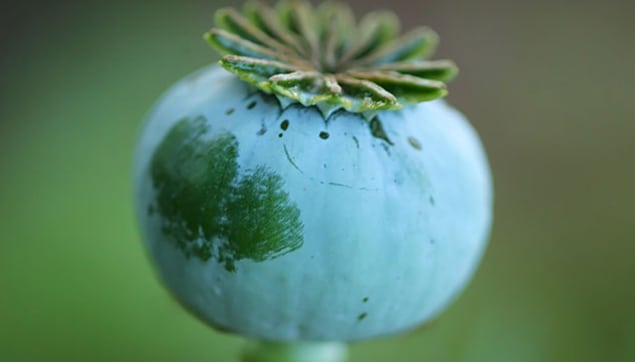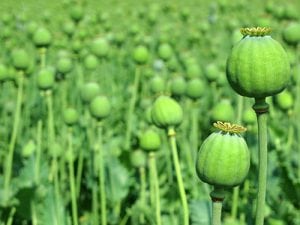
Learn more about Poppy Tea and its uses, side effects, and more.
CONTACT US TODAY
Poppy tea uses the pods that have been emptied of seeds, but it is possible to get a similar effect from the seeds themselves. The seeds contain virtually no opiates, but they do have some residue on their outer surfaces. Making an effective poppy seed tea requires several pounds of the seeds, so this is by far the less popular preparation.
Uses
Poppy tea is used for its pain relieving and sedating properties. Some people find it to be a viable substitute for prescription painkillers when they are dealing with chronic pain. It is also used for cough suppression, relieving diarrhea, and inducing sleep.
Because the opiate content of plants is variable depending on the environment and conditions in which they were grown, people who make their own tea can never be sure how strong it is going to be. New users may only use one pod, while experienced users may use up to 15 pods per cup of tea. Many falsely believe they can predict the potency of the tea by its smell and color. Poppy tea has an extremely bitter taste and is usually flavored with licorice or another strong flavor to make it more drinkable.
Side Effects

The desired effects of the tea include a feeling of warmth and lightness. It produces drowsiness, mild euphoria, and pain relief. If a high dose is ingested, the effects are much more serious. This is particularly dangerous for inexperienced users who drink too much of the tea or who drink an infusion that is too strong.
The undesirable side effects include flushed skin, constricted pupils, and impaired concentration. It produces gastrointestinal effects such as nausea and constipation. At even higher doses the tea can suppress the respiratory system, the heart rate, and blood pressure. It can also cause vomiting. At this point, the drug may prove fatal as the user either stops breathing or inhales vomit.
Tolerance and Dependence
Physical and psychological dependence on poppy tea can develop quickly. People who drink it regularly will find that they need to use more pods per cup when they are preparing the tea, and if they drink it for several days in a row they may suffer withdrawal symptoms when they stop.
Withdrawal Symptoms
When someone discontinues the regular use of poppy tea, it produces the same symptoms as withdrawing from any other opiate. Physically, the person will experience cramps, vomiting, headache, diarrhea, and anxiety. There is also a psychological dependence that results in strong cravings for the substance. Physical symptoms may take up to ten days to subside, while the psychological cravings may last much longer.


